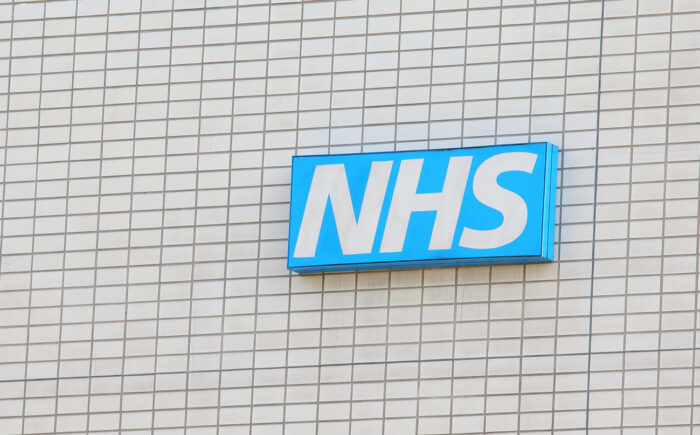The government recently published its official response to calls for a long-term strategy for the NHS in England — a 10-year plan focused on prevention, digital access, and integrated care.
But if you or your family have experienced poor care or a medical mistake, you may be wondering:
- Will this plan actually keep patients safer?
- Will it make it easier to get answers when something goes wrong?
As medical negligence specialists, we’ve reviewed the plan and its aims — and while some of it is encouraging, it also raises concerns about whether real change is coming any time soon.
What’s in the plan?
The government says it will focus the next 10 years on:
- More digital care (e.g. online appointments, NHS App, AI diagnosis)
- Shifting services into the community (rather than hospitals)
- Listening to patients through feedback tools and oversight
- Better use of data to spot problems earlier
At first glance, this sounds positive. But the plan leaves key questions unanswered — especially around patient safety, complaints handling, and transparency when things go wrong.
What are the risks for patients?
More digital, less human contact?
We welcome innovation — but many of our clients’ cases involve missed diagnoses because of:
- Online triage systems not picking up red flags,
- Staff shortages in care tasks, or
- Lack of face-to-face assessments.
Digital access must not come at the expense of careful clinical judgment.
Community care without clear resources
Moving more care out of hospital may help ease pressure — but only if local services are:
- Properly staffed,
- Adequately funded, and
- Clearly linked with NHS hospitals.
In some past cases, we’ve seen serious harm result from gaps between different services. Without clear accountability, patients can fall through the cracks.
Patient voices still risk being ignored
The government says it wants to learn from patient experiences, but:
- There’s no suggested reform of the NHS complaints process.
- There’s no clear route to ensure lessons from past scandals (like Shrewsbury or East Kent) are implemented across the board.
- There’s little mention of how families will be supported through investigations or inquests.
Many clients still tell us they feel “kept out of the loop” when care goes wrong.
Maternity safety: A familiar story of promises
A particularly critical area is maternity care — where repeated scandals have uncovered preventable deaths and devastating injuries. The Plan outlines steps to address this through:
- The creation of a National Director for Patient Experience,
- Stronger powers for the Care Quality Commission (CQC) to act against unsafe providers,
- New oversight mechanisms to ensure failings are escalated and addressed,
- A commitment to gather and learn from safety data nationally.
These measures are welcome in principle. But in practice, families affected by poor maternity care are still often met with silence, delay or denial. For these reforms to work:
- Patient complaints must be listened to and acted upon, not just logged,
- Regulatory bodies like the CQC must have the resources and authority to intervene, and
- Failing providers must face real consequences — not just internal reshuffling.
We’ve seen too many families go through lengthy legal claims simply because no one would give them a clear answer or take responsibility at the time.
What about reforming the legal process?
The government has commissioned a review of the clinical negligence system, led by David Lock KC. The stated aim is to improve patient experience and reduce legal costs — but at this stage, no firm proposals or clear remit have been published.
We note:
- There’s no move toward a “no-fault” scheme, despite debate in the media;
- The existing framework under LASPO and fixed costs for lower value claims continues to apply;
Any reform must carefully protect the rights of patients to fair compensation and legal representation.
As lawyers working with families after tragic or life-changing events, we will continue to monitor any proposed reforms to ensure they are not at the expense of justice.
Our view
The Plan sets an ambitious vision for the future of healthcare in England. But intentions alone won’t protect patients.
Real safety depends on:
- Staffing levels being safe and sustainable,
- Listening when patients raise concerns,
- Investigating mistakes honestly, and
- Taking swift action to fix what went wrong.
As lawyers representing clients harmed by poor NHS care, we support efforts to improve the system — but we’ll continue holding it to account when it fails.
If you’ve been affected by negligent care
This Plan may shape the future, but your rights today remain clear:
- If a medical mistake has caused you or your loved one harm,
- If you’ve experienced avoidable delays, injuries or loss,
- If you feel you were not listened to when it mattered —
We are here to help.
We’ll explain your options, guide you through the process, and fight for answers and fair compensation where it’s deserved.
Get in touch to speak with our medical negligence team in confidence.



